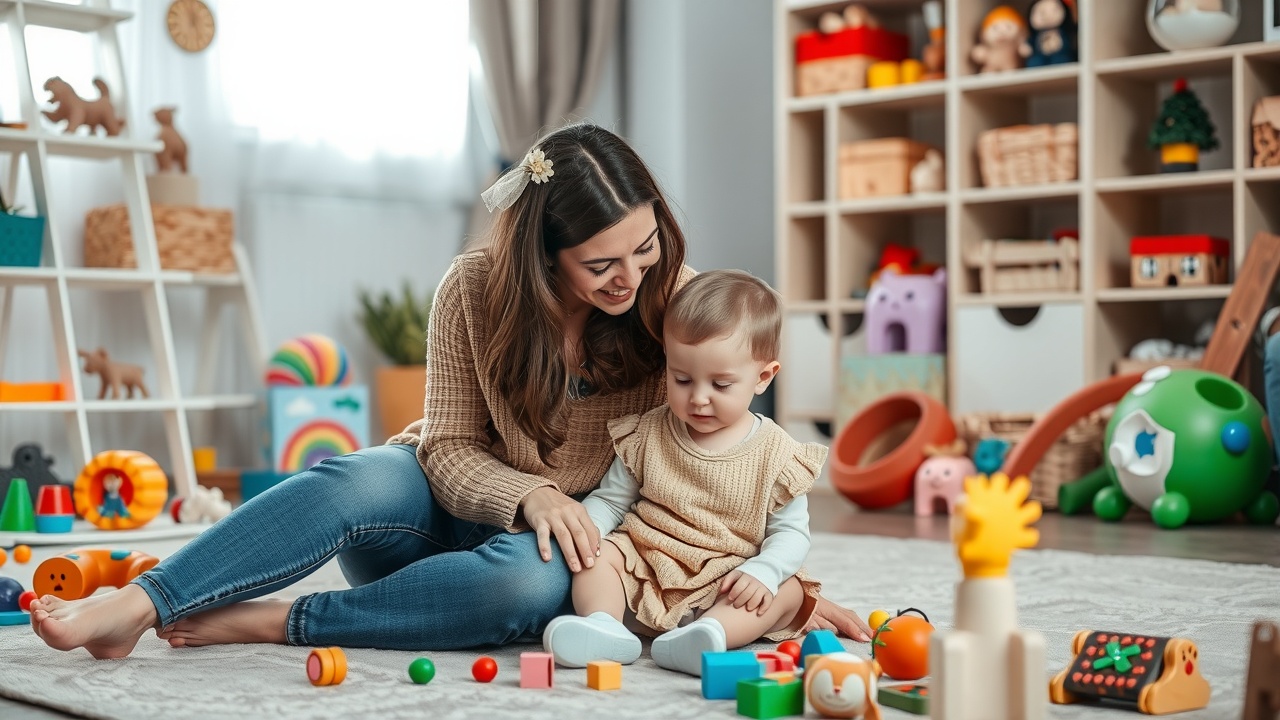
In addition to increasing their pension savings, parents who are impacted by the High Income Child Benefit tax charge (HICBC) may also receive more child benefit
Last year, the High Income Child Benefit Charge (HICBC) threshold was raised, which was a welcome relief for thousands of parents. In addition to increasing their retirement savings by contributing more to a pension, higher earners have an additional trick to collect more of their Child Benefit.
Making larger pension contributions may lessen the amount that your earnings exceed the threshold, allowing you to retain thousands of pounds more in Child Benefit.
You would also be accumulating more funds for your retirement.
Shaun Moore, a tax and financial planning specialist at Quilter, says, "Parents frequently don't realize that they can receive much more in Child Benefit payments by upping their pension contributions while also setting themselves up for a more prosperous retirement and taking advantage of the favorable tax relief available."
"The advantages mean that the final gain greatly outweighs the expenditure, even though this does mean that someone must increase their retirement savings.
How does the HICBC (High Income Child Benefit tax charge) operate?
The income threshold at which one parent's child benefit begins to be withheld is greater than £60,000. Up until April 2024, this was 50,000.
Because of the HICBC, a parent who earns more than the threshold must repay the benefit at a rate of 1% of the benefit amount.
They would therefore forfeit half of the benefit if they made £70,000. A person earning 75,000 will forfeit 75% of their Child Benefits.
Now, the taper's top is at 80,000, where all of the benefits are paid back.
By April 2026, it was intended to switch from a system based on the earnings of individual parents to one based on household income. However, this changed under the previous administration.
How raising pension contributions can increase child benefits.
By increasing your pension contributions through salary sacrifice, you can lessen the impact of the charge and ultimately end up better off.
HMRC uses your adjusted net income to determine how much Child Benefit you must repay, and according to Holly Tomlinson, financial planner at Quilter, this is "one of the most effective ways" to lower it.
"Salary sacrifice contributions lower your taxable income before it's even paid," she explains. This can lessen the amount of the benefit that is clawed back or help you fall below the 60,000 threshold.
"A strong incentive to save for retirement while maintaining access to Child Benefit is provided by the tax relief and adjusted net income reduction that even personal pension contributions made from net income provide.
For eldest or only children, the weekly benefit will be 26.05, up from 25.60, and for other children, 17.25, up from 16.95, starting in April 2025.
According to a wealth manager Quilter's analysis, a 40-year-old parent with two young children and a salary of 75,000 who puts £200 into their pension each month would currently be eligible to keep 562.90 in child benefits annually.
The higher earner's adjusted salary would be 63,000 if they increased their pension contributions to 600, and they would be able to retain 1,913.86 in child benefits annually.
That's 16,212 over 12 years, as opposed to 6,755.
Furthermore, the additional funds in your pension may increase your retirement savings.
The long-term result would also be to increase their pension pot by 167,364 at age 68, assuming a modest growth of 2 percent after charges and inflation, Quilter said.
Moore continues, "The long-term gains far outweigh the expenses, even though this does mean that someone has to increase how much they are saving for retirement."
Many people in the UK are still not saving enough for retirement, and taking advantage of this peculiarity in the system could help them realize their retirement goals.
Your state pension could increase if you take Child Benefit.
Thousands of parents have chosen not to receive Child Benefit, especially if they make more than £80,000 annually.
In order to pay the HICBC, this would eliminate the inconvenience of filling out a self-assessment tax return. As a result of this rule change, parents with high incomes will soon be able to pay the fee using their paystub.
HMRC data from April 2025 shows that over 712,000 families have made the decision to completely stop receiving Child Benefit, impacting over a million children. According to Tomlinson, even though it represents a 4% drop from the prior year, the data is striking and illustrates the policies' long-term effects on middle-class households.
"Those near the threshold may be able to use salary sacrifice to reduce their adjusted net income and retain their Child Benefit," she said, advising families to "tread carefully."
Despite population growth and rising household costs, the number of families receiving Child Benefit has decreased to its lowest level since 2003.
Opting out could lower your state pension entitlement, according to Alice Guy, head of pensions and savings at Interactive Investor.
According to her, "the high percentage of people who do not claim Child Benefit raises concerns that parents are unknowingly missing out on valuable National Insurance credits, which could potentially boost their state pension in the future."
"You must have made National Insurance payments or accumulated National Insurance credits for 35 years in order to be eligible for a full new state pension. If your child is under twelve, you can claim Child Benefit to receive a National Insurance credit, which could boost your state pension upon retirement.
Specified Adult Childcare Credits (SACC) can help grandparents increase their state pension if the parents are unable to take advantage of the National Insurance credits associated with Child Benefit.














Leave a comment on: The ways that raising pension contributions can improve your retirement and child benefit